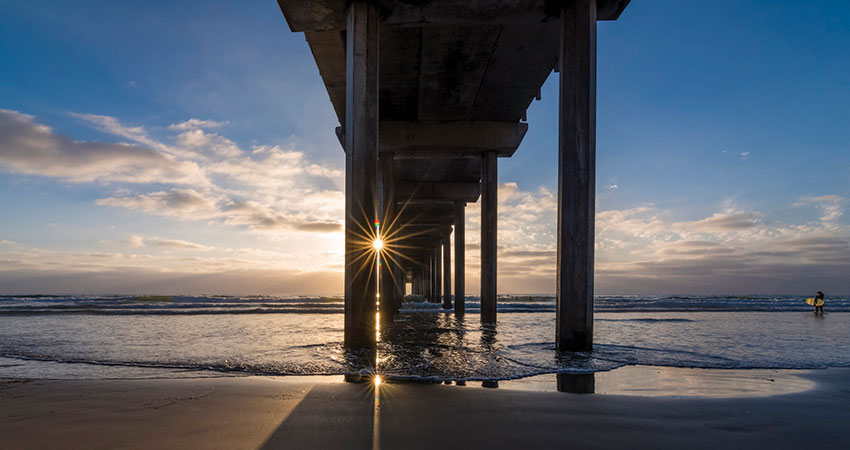
If an oceanographic mooring deflects too much, even the most sophisticated ADCPs will record useless data. Ideally, we can check mooring deflections in advance of deployment to build confidence in data quality. Calculating the deflection of a mooring line is a tricky process, as it's not an obvious calculation you can do in your head or on paper for most typical systems. In today's webinar, Ryan and Paul will walk you through why it's important to understand how extended range ADCPs improve data quality in moored systems. They will use ProteusDS Oceanographic to illustrate how mooring deflection is calculated in advance with a comparison of several conceptual moorings using Teledyne Pinnacle and Long Ranger ADCPs. This conversational webinar will walk you through your design considerations, the trade-offs, and the tools that can be used to assist you in real-world application.
Presenter Bios:
Ryan Nicoll is the co-founder and CTO of the ocean engineering consultancy and software company DSA Ocean. Before co-founding DSA Ocean in 2006, Ryan graduated from the University of Victoria with a Masters and Bachelor degree in mechanical engineering. During his time at university, Ryan studied subsea robotics and this is where he developed a passion for numerical modelling and simulation-based design and analysis. Today, Ryan works with a talented and diverse team at DSA Ocean to develop new technologies to understand the dynamics of and risk to floating systems subject to wind, waves, and currents in the ocean.
Ryan has more than a decade of experience leading complex ocean engineering projects in ocean technology, marine renewables, offshore, defence and fisheries and aquaculture. General topics include mooring analysis, launch and recovery, seakeeping and maneuvering, and towing and surface and subsea marine operations analysis with clients worldwide. In addition, Ryan has spoken at many technical conferences on marine technology and co-authored many conference papers on technical developments related to DSA Ocean’s technology.
Ryan is also particularly active in the marine renewable industry and has engaged in international standards development for over 10 years. He currently leads the team developing and updating international mooring standards for marine renewable technology and serves as co-chair of the Canadian Mirror Committee to the IEC Technical Committee on marine renewable energy.
Paul Devine was trained as a coastal engineer and successfully deployed (and retrieved) a number of ADCPs for sediment transport studies. After joining RD Instruments in 1999, Paul has been helping customers to collect reliable oceanographic information from both shallow and deep water moorings. Paul gets very excited by low frequency swells, western boundary currents and stable moorings that produce high quality ADCP data.




